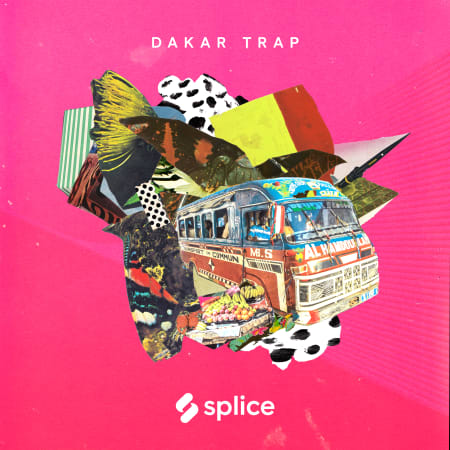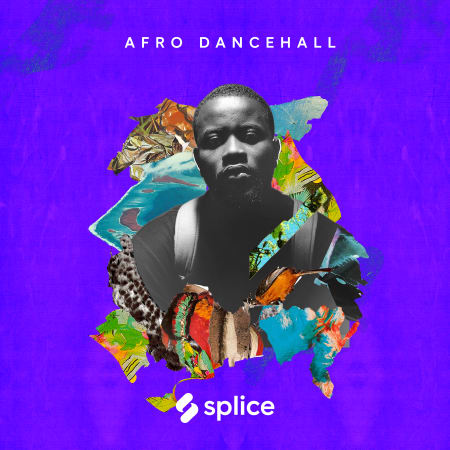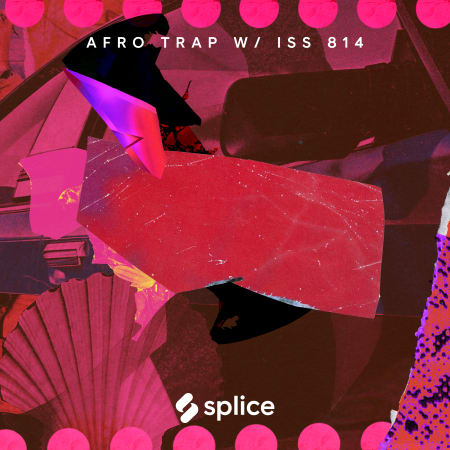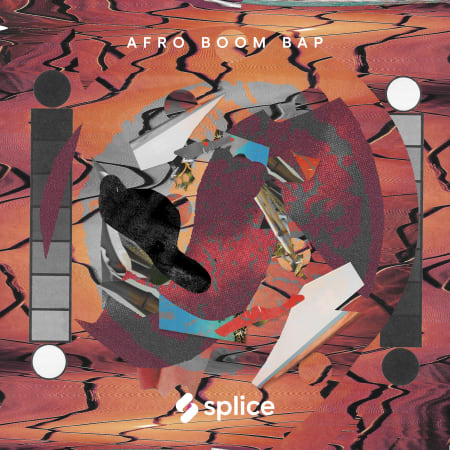Ismaila wants you to know that Senegalese music can be used anywhere—in clubs, restaurants, bars, parties. The internet has made the amplification and assimilation of Senegalese music and instruments overseas possible. Similarly, the adoption of western tools into Senegalese music has become prevalent.
Modern Senegalese musicians like Iss 814 have access to the broadest range of tools than ever. Ismaila said, “The new generation of beat-makers with access to a lot of tools and samples from all sorts of music feeds creativity and will only change our music in a positive way.”
As contemporary musicians use Senegalese sounds and instruments, he wants them to know where they came from. In Senegalese tradition, each instrument is issued by a specific ethnic group of the population. The kora is used by the Bambara, the ngondi by the Pulaar-Peulh, the Balafon by the Mandingue, the sabar (or tam-tam) by the Griots (mainly the Wolof).
Ismaila (Iss 814) grew up in the suburbs of Dakar, in Baye Laye, Guediawaye. Music there, more specifically rap, is omnipresent. The “hip hop galsen” movement embraces the community’s daily life and engages itself towards developing it politically and socially.
With three of his older brothers being rappers as well as true role models, Ismaila naturally aspired to follow in their steps as he watched them evolve in this expanding movement. Younger, he followed them everywhere, inevitably determined to contribute to their music and the local scene. This drove him to self-learn music production and rapidly make a breakthrough thanks to the quality of his productions and assertive rap. And now you can use his signature Dakar Trap beats and the sounds of traditional Senegalese instruments in your productions.







